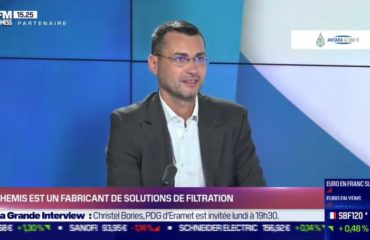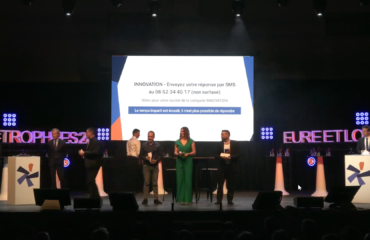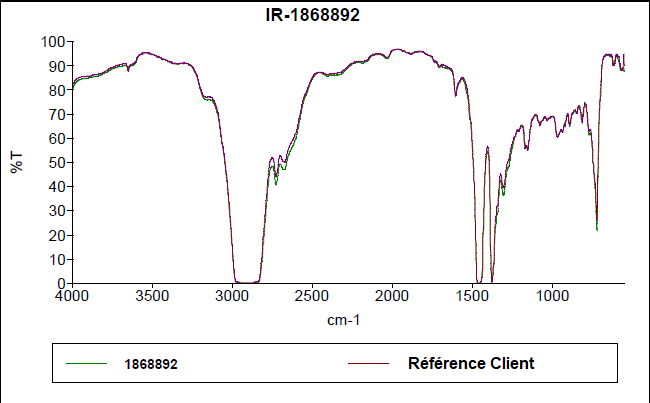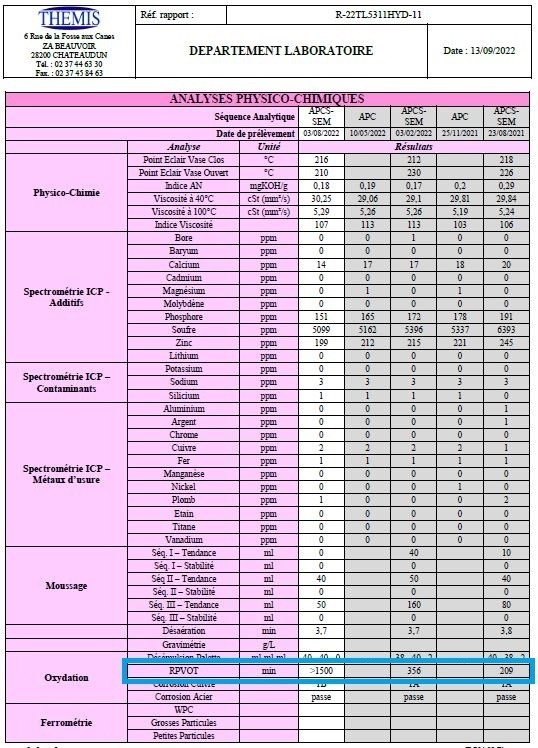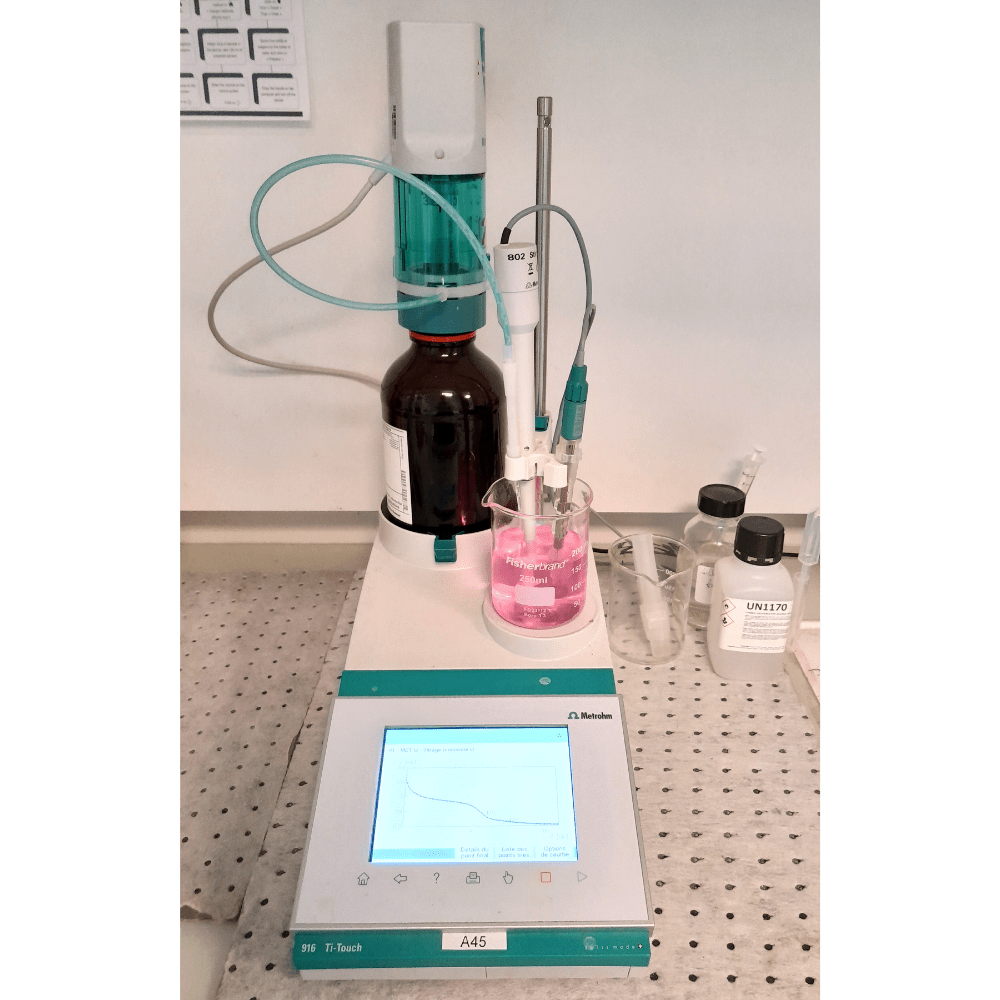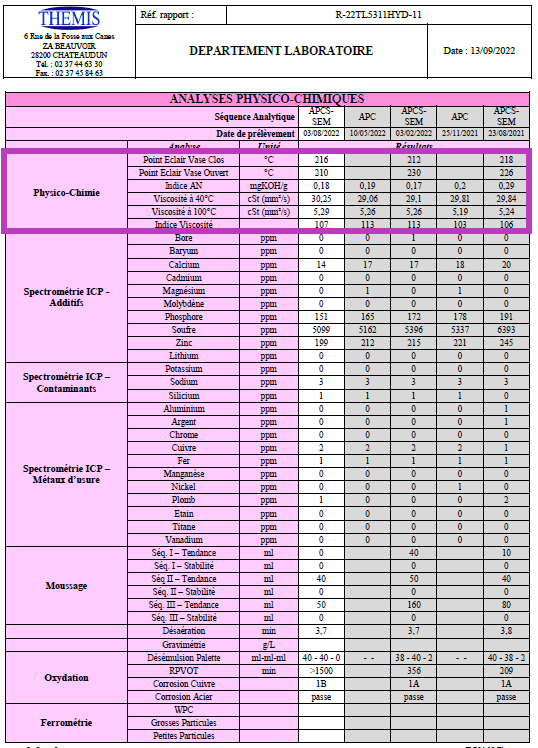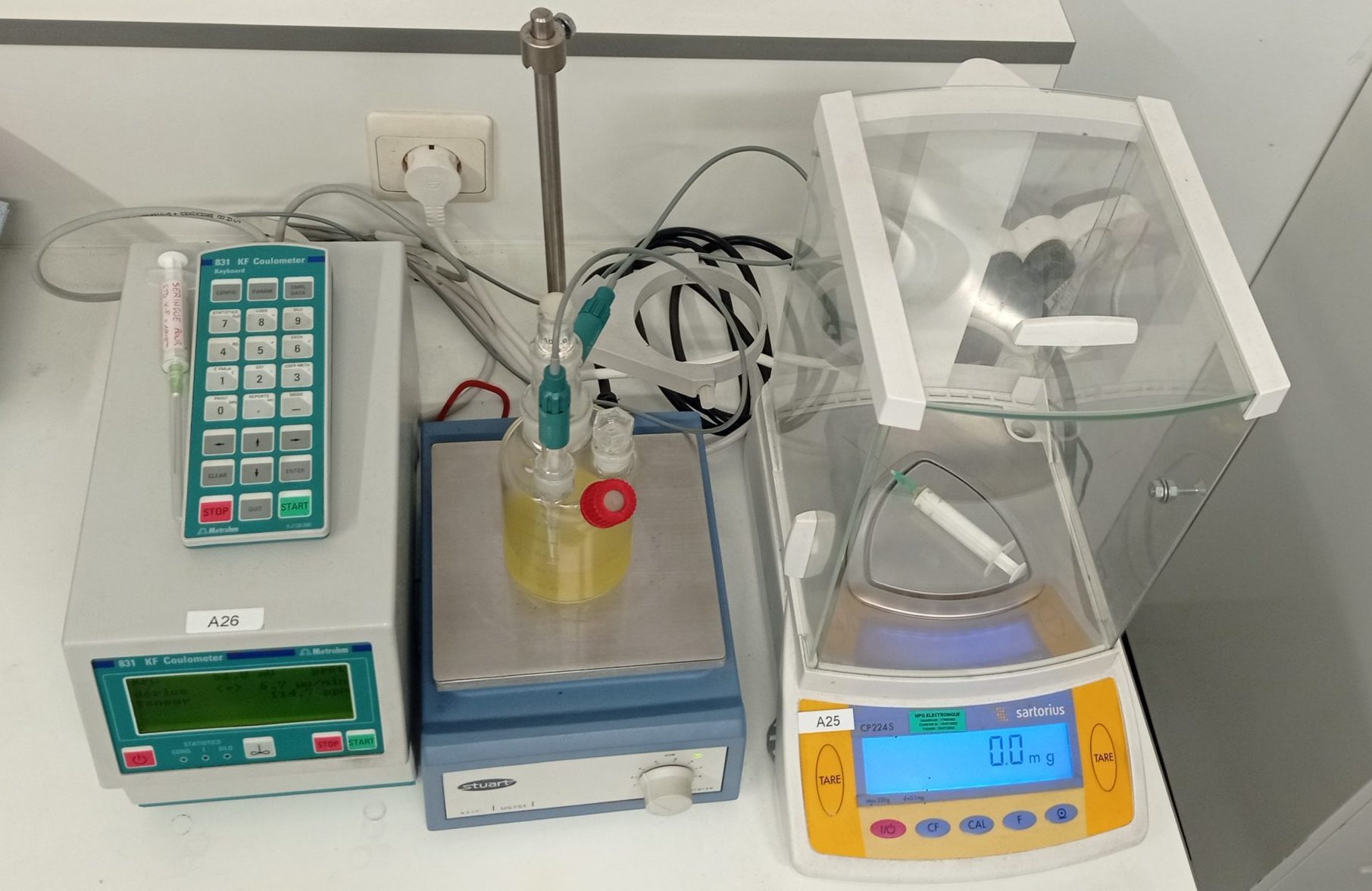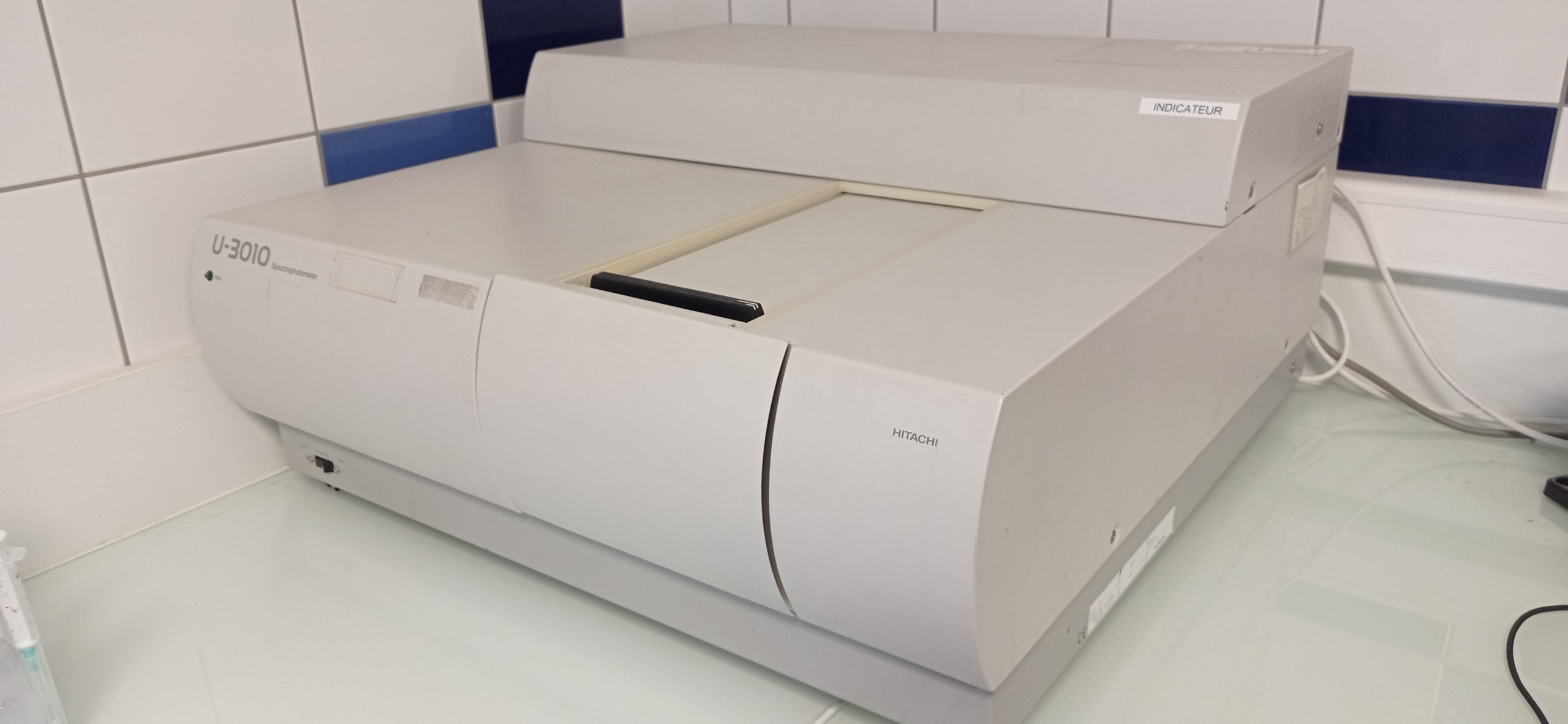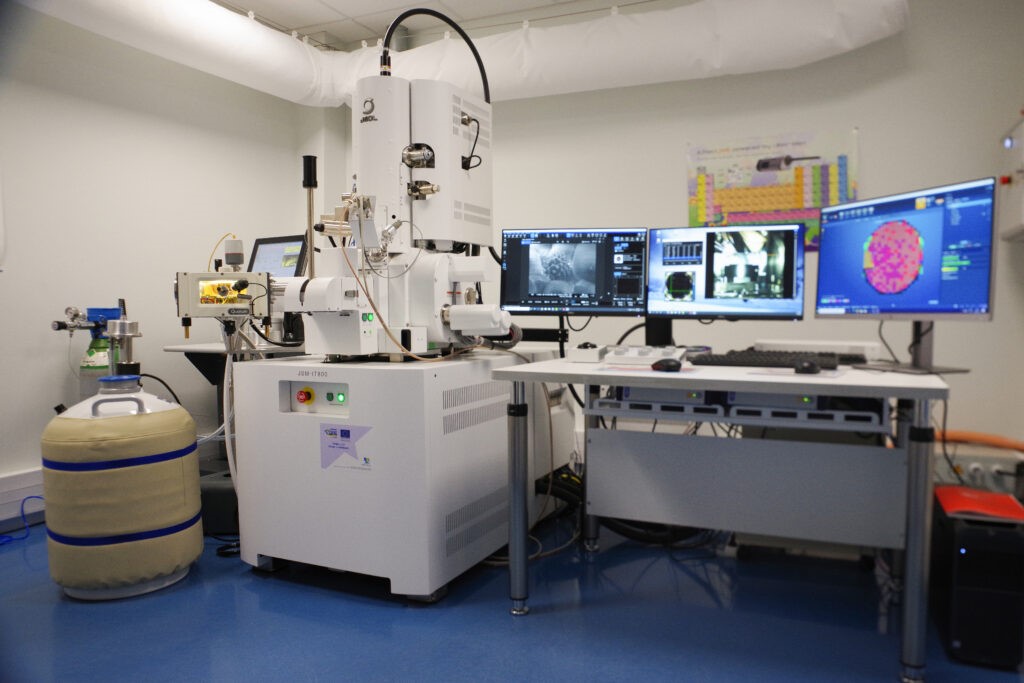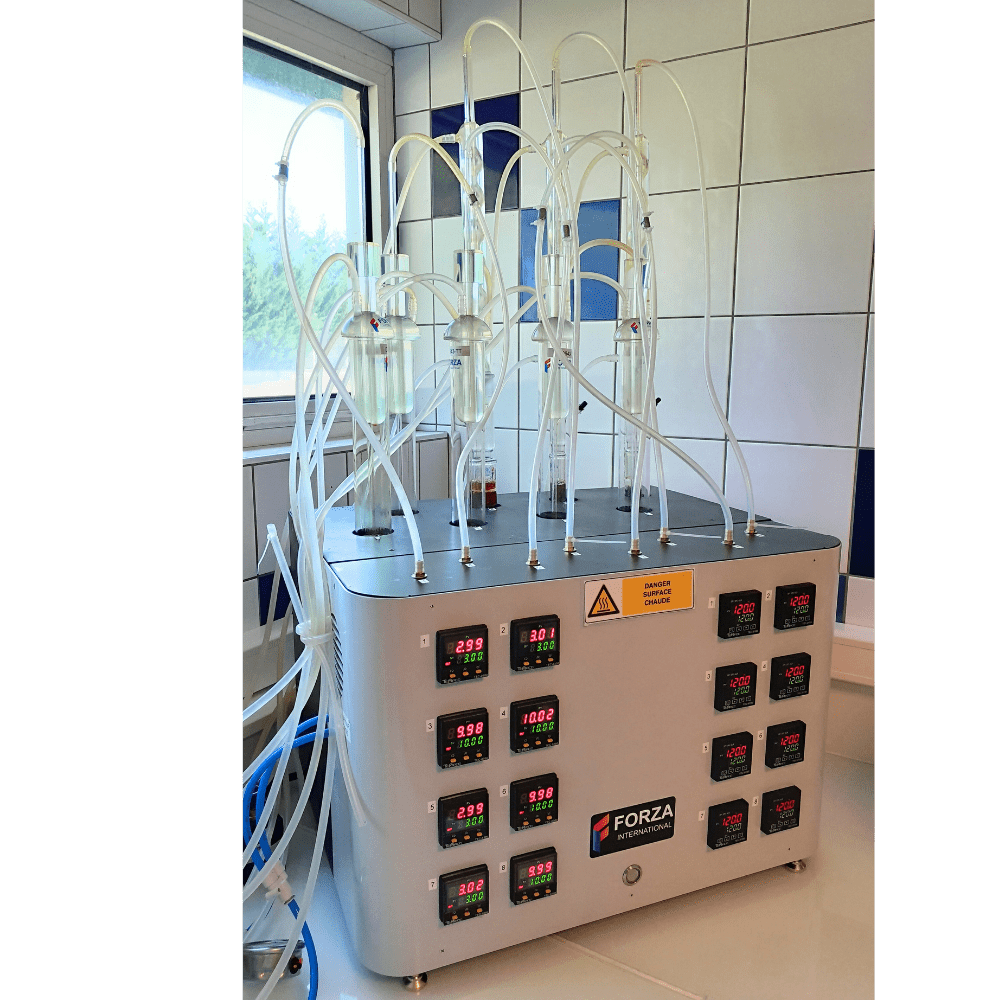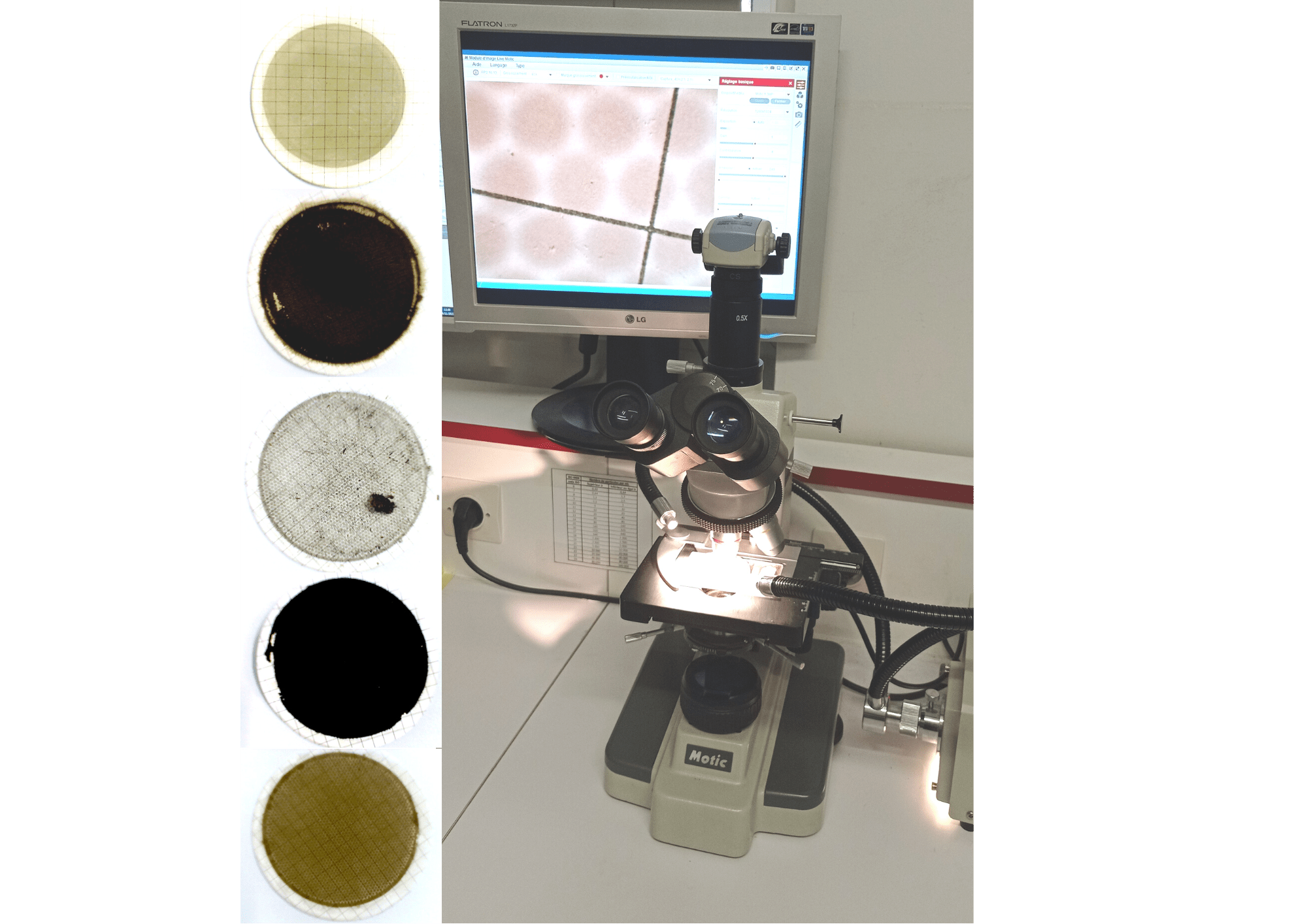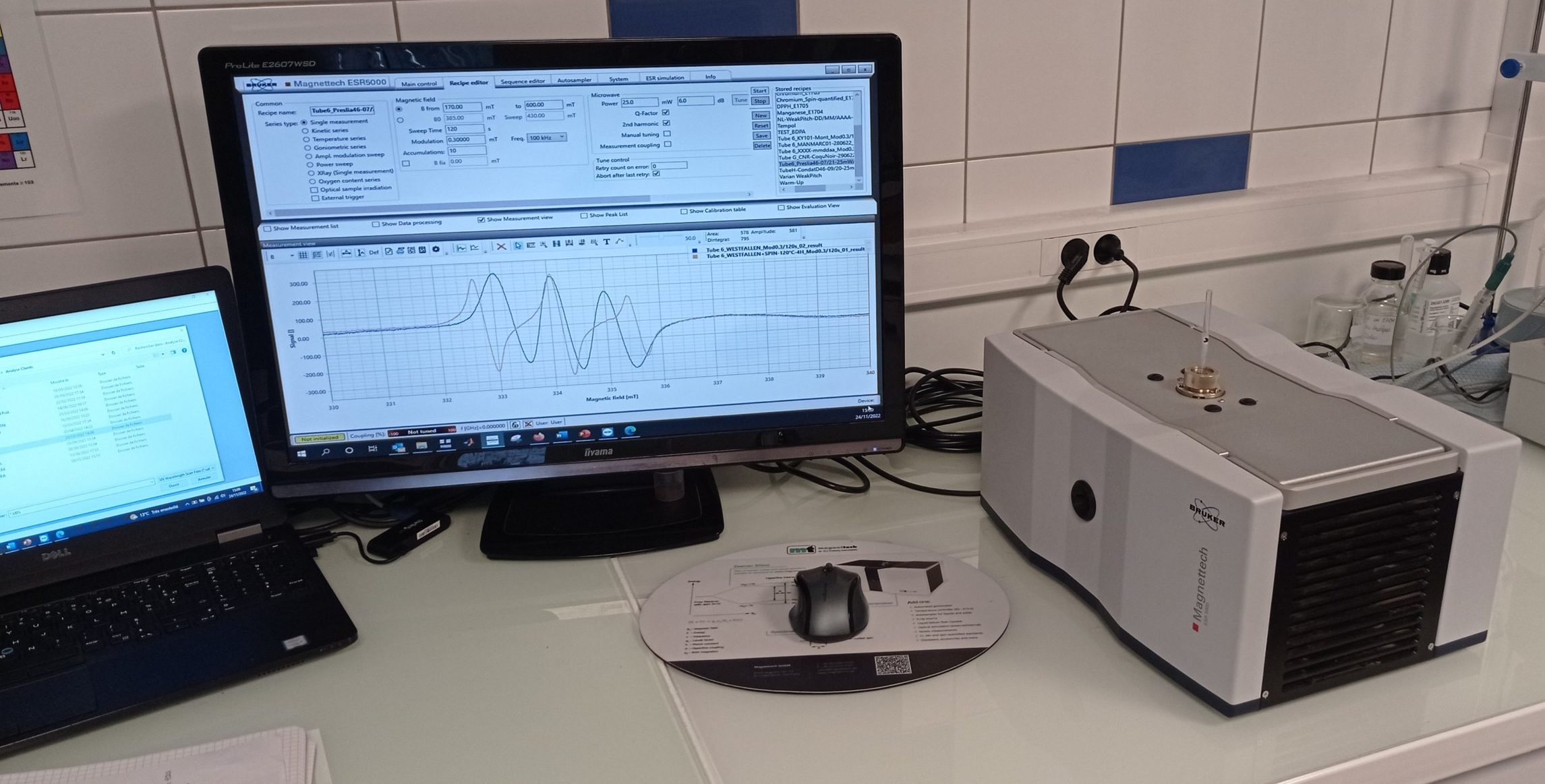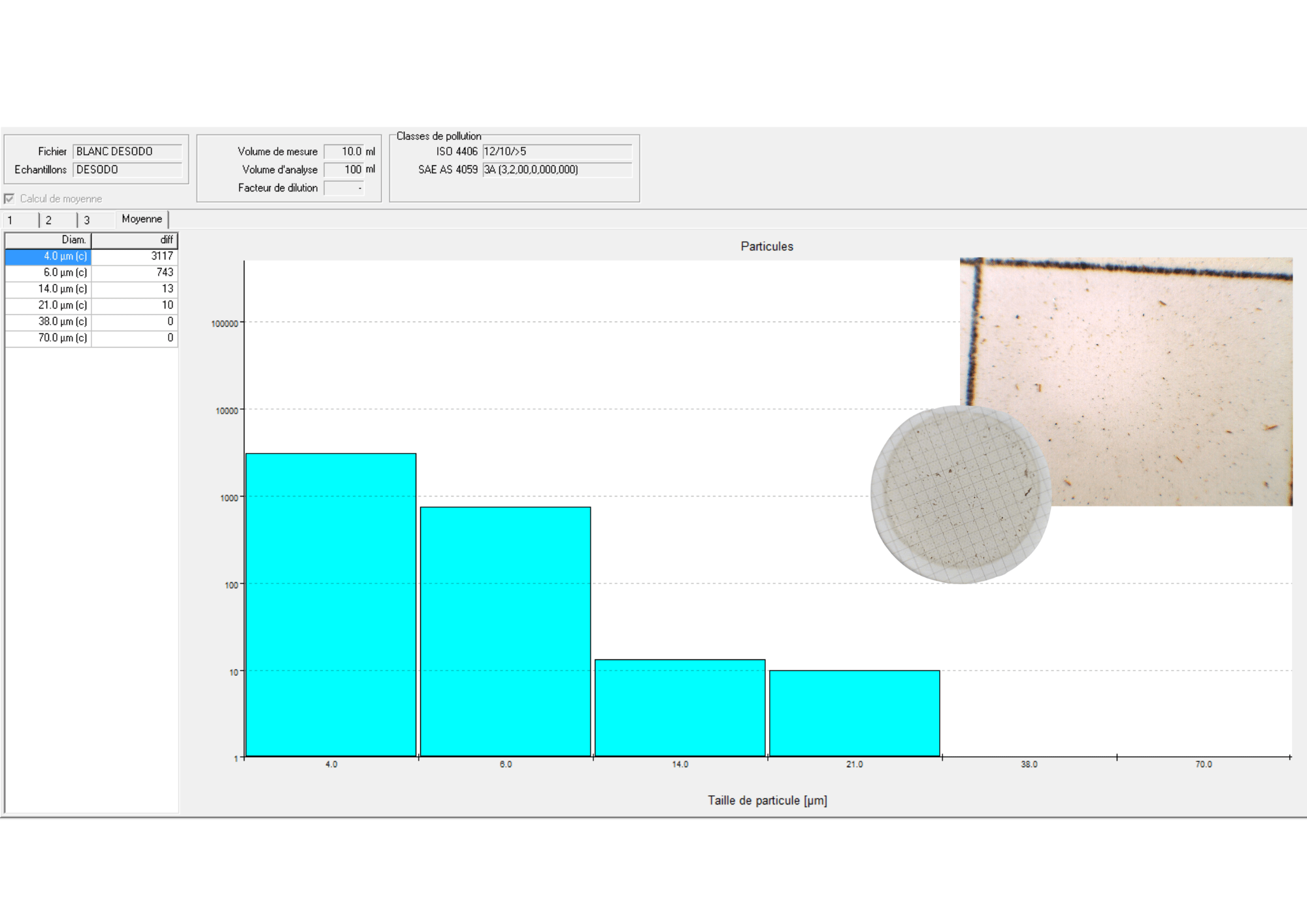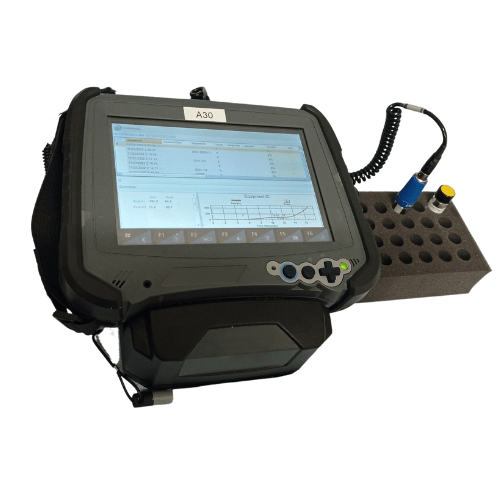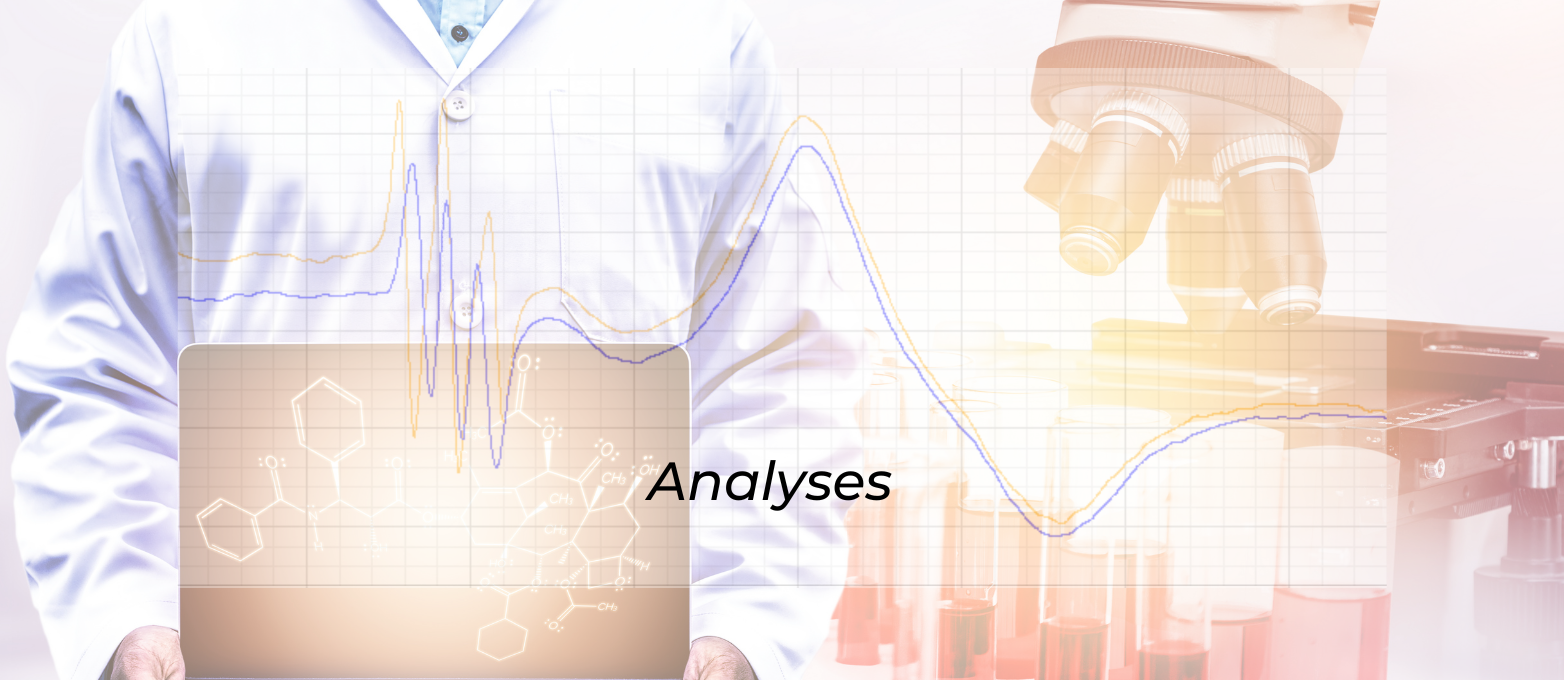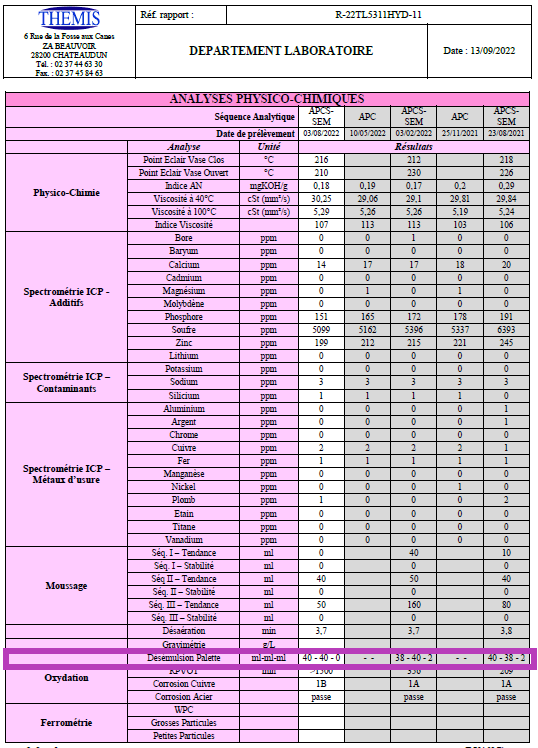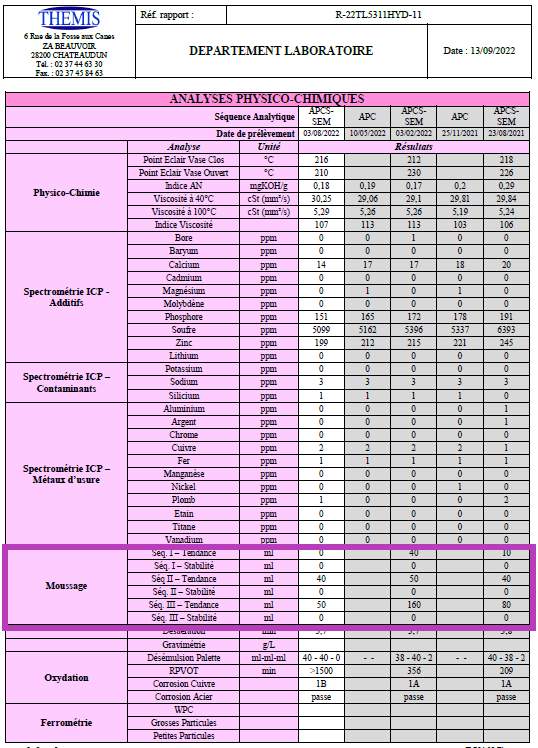As part of the Infranalytics initiative, the Centre National de la Recherche Scientifique (CNRS) and Themis (an Antara Groupe company) have announced a strategic collaboration to improve the sustainability, safety and efficiency of critical infrastructures through fluid analysis.
Research initially focused on lubricating oils.
Understanding their degradation means helping to optimize systems by reducing pollution and improving production. It also helps reduce manufacturing costs. How can we help?
By improving service life and reliability of moving components. Oil degradation generates deposits, acids, friction and temperature increases, and the appearance of varnish, soot, sludge and gels.
Anticipating these phenomena is made possible by studying oil precursors and self-degrading agents.
EPR allows us to see these highly reactive substances and predict the future.
Infranalytics is a delocalized research infrastructure bringing together state-of-the-art analytical equipment in the fields of molecular chemistry and materials science. It aims to promote scientific excellence and meet societal challenges by optimizing the use of this equipment by a broad scientific community.
As part of this collaboration, CNRS will provide Themis (https://www.antara-groupe.com) with its scientific expertise and state-of-the-art equipment for infrastructure analysis. Themis, as a manufacturer of industrial filtration solutions, will contribute its practical experience in monitoring and optimizing fluid treatment within critical infrastructures.
The aim of this collaboration is to develop new methods and techniques for infrastructure analysis, combining the resources of CNRS with the practical expertise of Themis. The researchers will work hand in hand to improve the sustainability, safety and efficiency of critical infrastructures such as energy, transport and communication networks.
A key area of exploration for this collaboration will be EPR technology. This analysis method exploits the magnetic properties of materials to obtain information on their structure and composition. Using EPR technology, researchers will be able to detect degradation and anomalies in infrastructures, predict their lifespan and optimize their maintenance.
The collaboration between CNRS and Themis on Infranalytics is a testament to the importance of synergy between academic research and industry. By combining the scientific expertise of the CNRS with the practical experience of Themis, this collaboration pushes back the boundaries of fluid analysis and opens up new perspectives.
Thanks to this collaboration, the results of the research can be directly applied in the industrial field, making a significant contribution to the sustainability and efficiency of critical infrastructures. This collaboration strengthens the position of CNRS and Themis as leaders in infrastructure analysis, and opens the way to new research and development opportunities. In this respect, Marie ROUCAN (Head of Research and Testing Laboratory) presented the interest of EPR technology in Industry during an Infranalytics meeting link to the video below ESR TECHNOLOGY, COLLABORATION BETWEEN INFRANALYTICS, THEMIS AND CNRS Lille - YouTube
In conclusion, the collaboration between CNRS and Themis within the framework of Infranalytics represents a major step towards improving the sustainability and efficiency of critical infrastructures through fluid analysis. By joining forces, these major players are contributing to a sustainable and prosperous future.
#ESR #Collaborationthemiscnrs #Analysisoffluids #Nanotechnology #Cnrslille #Themis #RPE
Subscribe to our page : ANTARA GROUPE : Presentation | LinkedIn
And our Antara Groupe YouTube channel, where you can find our specialized articles and videos.



